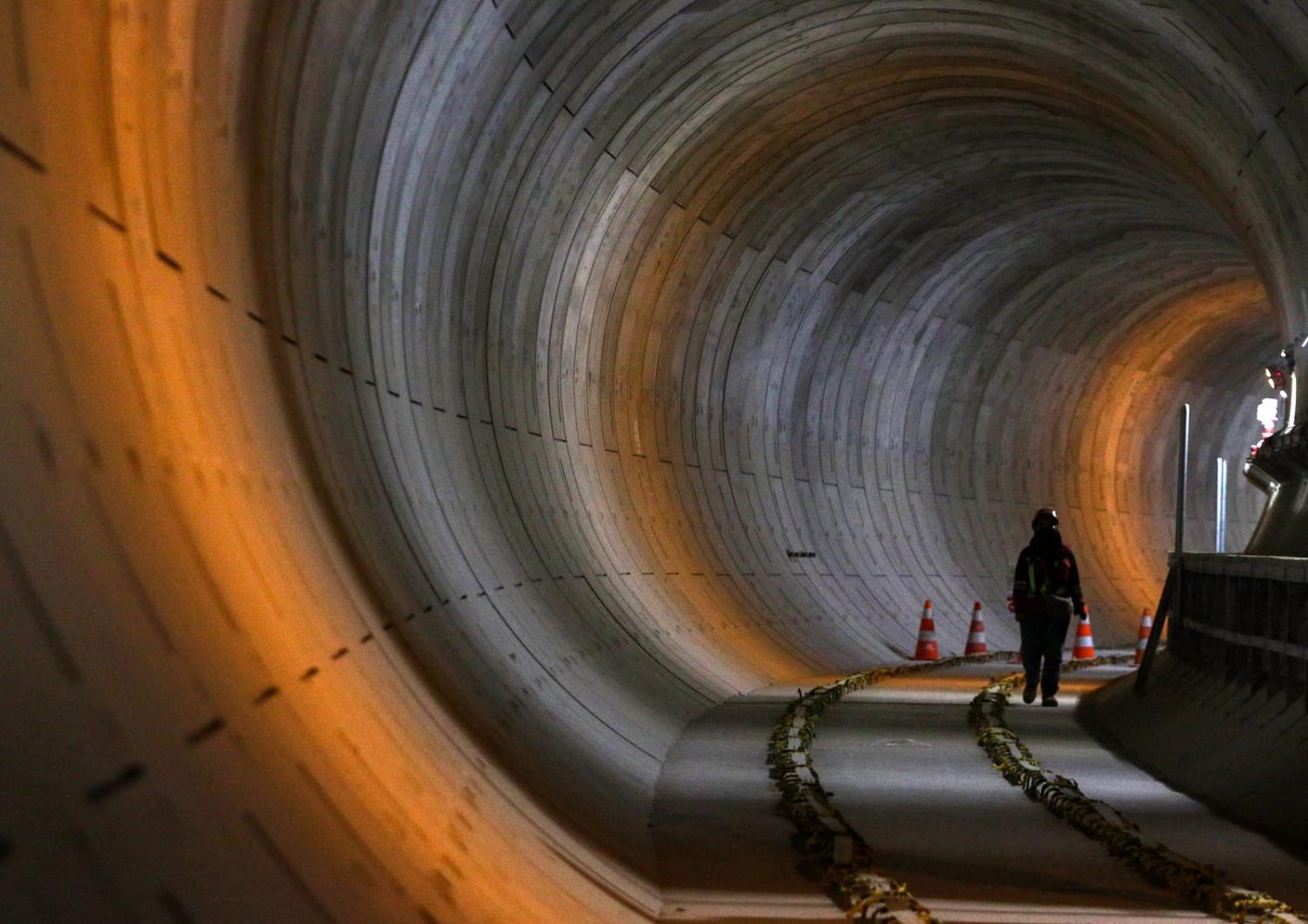No one could miss recognising that the label “prevent unilateral attempts” refers to China’s activities in the South China Sea. Last year, Japan announced an official security assistance grant scheme to Indonesia to provide assistance by developing human resources as well as providing patrol boats, radar equipment and drones. The aim, according to Japan’s Ministry of Foreign Affairs official website, was “to enhance the security and deterrence capabilities of like-minded countries in order to prevent unilateral attempts to change the status quo by force”.
In February this year, a representative of the National Institute of Defence Studies, a think tank affiliated with Japan’s Ministry of Defence, revealed that Japan is developing a new ten-year plan to improve the maritime capabilities of four Southeast Asian countries. Indonesia, the largest in that region, is included in that list.
But one doubt arises. Japan wants to advance the military capabilities of countries that share a way of thinking – “like-minded”. Both are democracies. However, does Indonesia really have the same mindset as Japan – and particularly on views about China? Whereas Japan leans towards its alliance partner in the United States, for example, Indonesia adheres to the concept of independence and non-alignment.
It’s true that Tokyo has already made one-time deals to supply maritime equipment to Indonesia. Japan granted Indonesia two monitoring ships in June and September last year to help bolster the country’s surveillance in the North Natuna Sea. With the official security assistance grant and the potential new project, the two countries will be tied up for at least the next ten years.
Japan wants to halt China’s expansionism in the South China Sea and clearly sees security cooperation with Indonesia as an opportunity to further that aim. Indonesia has shown itself open to Japan's good will in assisting with security, indicating mutual enthusiasm. Furthermore, Indonesia also shares goals with Japan regarding the South China Sea. Both believe that no country should violate international maritime law.
And yet, even on the same issue, the two countries have quite different approaches to addressing China’s violations. Indonesia prefers to take a less confrontational stance to Japan to counter China.
In its 2023 Defence White Paper, Japan categorised China's “current external stance, military activities, and other activities” as “unprecedented and the greatest strategic challenge”, describing China as a figure that worries, and potentially threatens, Tokyo.
Indonesia does not dare to use such assertive language. Even in response to China’s 2023 publication of a new map that claimed most of the South China Sea and crashed into the archipelago nation’s exclusive economic zone, the Indonesian government released a statement declaring only that “any claims made must be in accordance with UNCLOS 1982”. Unlike Japan, little has been said publicly by Indonesia to specifically identify China as a challenge.
The differing approaches could be read as Indonesia and Japan not being entirely in agreement when it comes to defence matters. This divergence is also mirrored in the economic realm. Indonesia chose China as the developer of the Jakarta Bandung Fast Train (KCJB) mega-project for example, and China has made huge investments in the Indonesian nickel downstream mega-project in Indonesia Morowali Industrial Park (IMIP) and the glass production mega-project in Rempang Eco City.
Moreover, following the 14 February election, the direction adopted by Prabowo Subianto is still to be gauged. Prabowo, an ex-military man, has prompted fears about a redux of Suharto-style authoritarianism, with Indonesia’s democracy to suffer as a consequence. Even if such fears are not realised, the “like-minded” attitude Japan likes to highlight at least carries a further question mark.
These issues cumulatively pose fundamental challenges to the perception of Japan and Indonesia being on the same page in defence, economics and politics.

